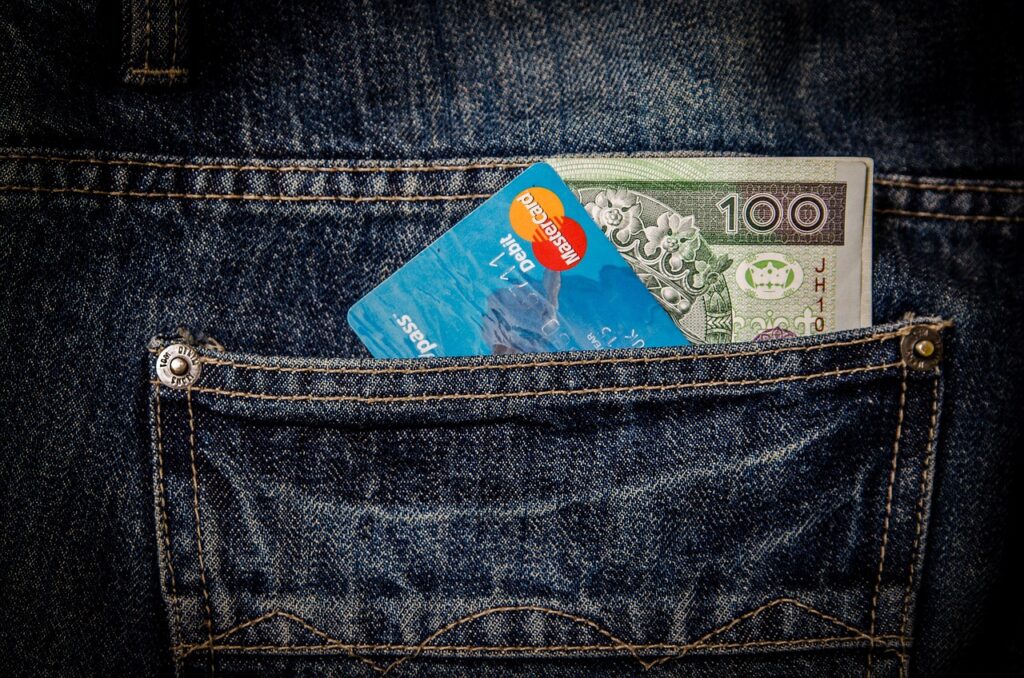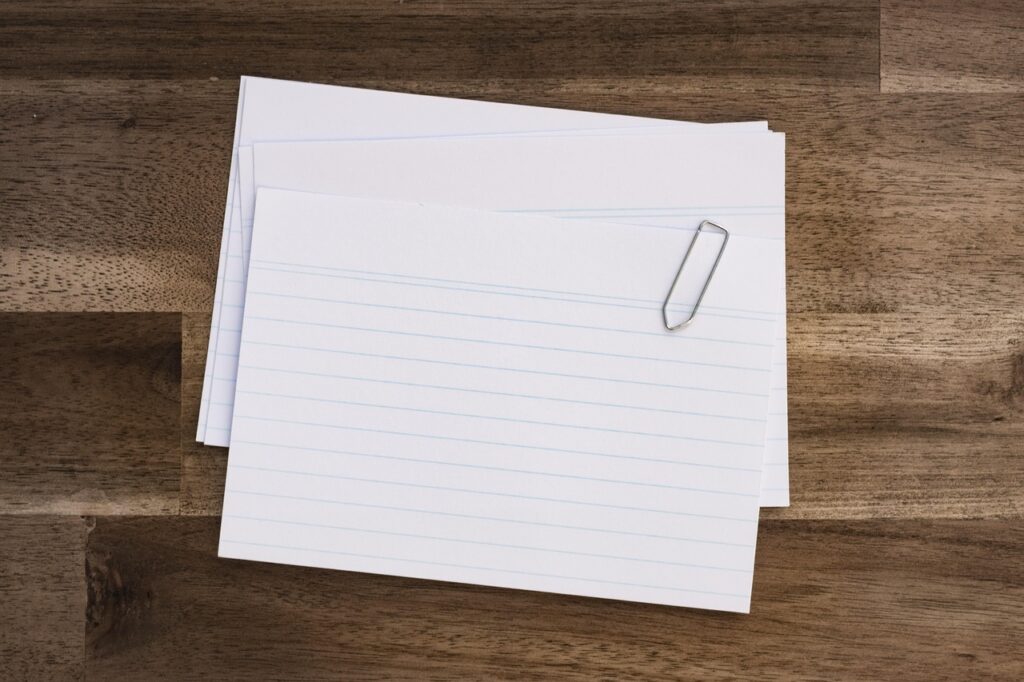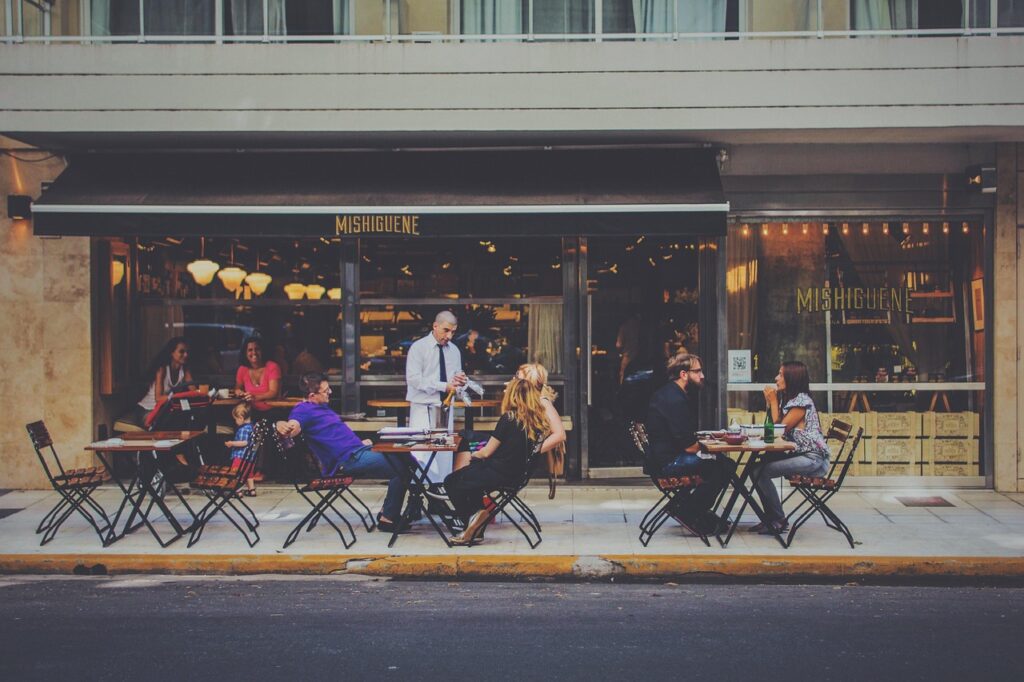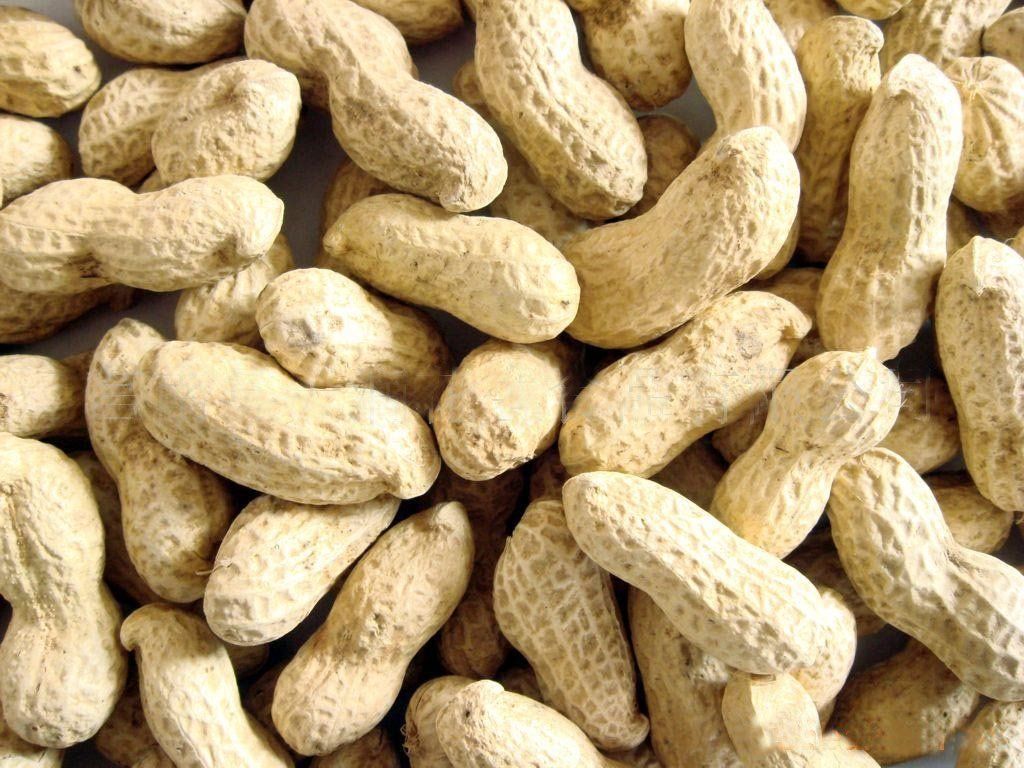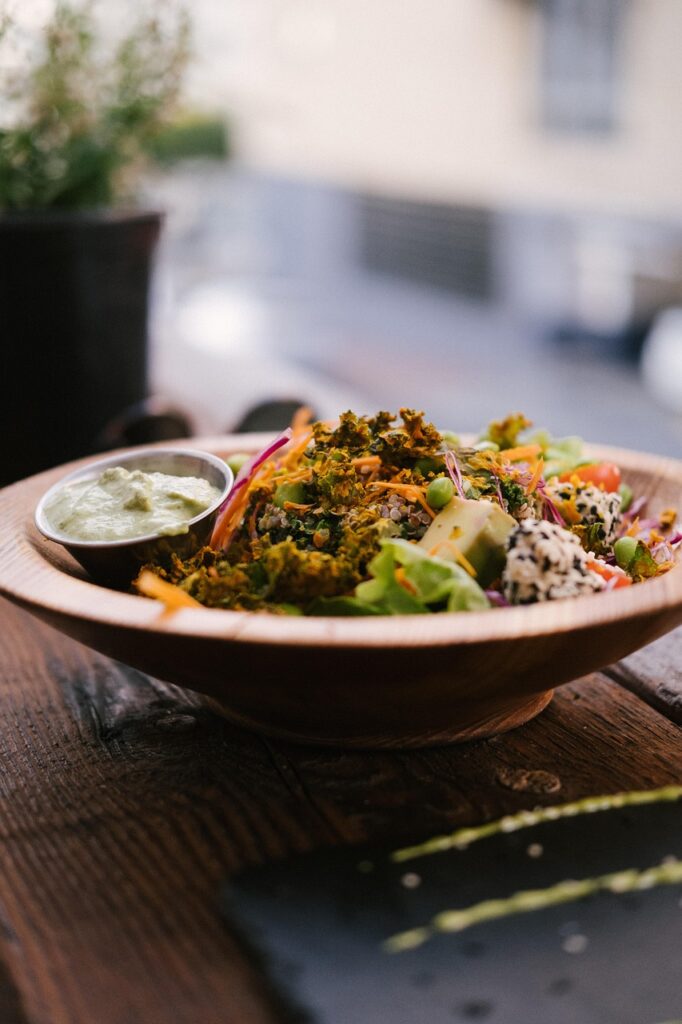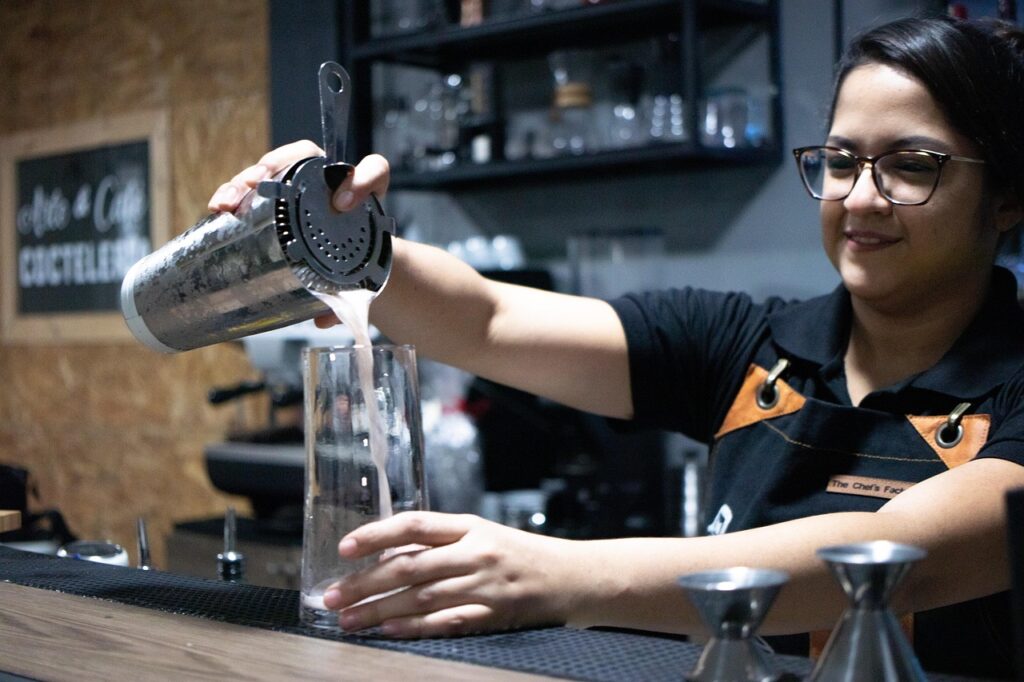
Hi, world! My name’s Stephen LaConte, and long before I was a writer here at BuzzFeed, I was a bartender at a few different establishments. Like many in the service industry, I got into the job because I genuinely love people, and there’s a certain thrill to mixing drinks and creating a fun atmosphere. However, even the most patient and people-loving bartenders will tell you that customers can, on occasion, be incredibly annoying to deal with. It’s a universal truth of the bar world.
We’ve all been there: standing at the bar, waiting for a drink, and maybe, just maybe, you’ve inadvertently committed one of the cardinal sins of bar etiquette. Perhaps you’ve asked for a drink that grinds the gears of the pros behind the stick, or exhibited a behavior that triggers collective groans across the counter. The truth is, certain requests and actions can push a bartender’s patience to the very edge, and it’s not always about what’s in the glass. It’s about context, timing, and respect for the craft and the people serving you.
So, if you’ve ever wondered what makes your friendly neighborhood mixologist secretly seethe, or if you want to avoid being “that guy” and actually get into your bartender’s good graces, you’re in the right place. We’re about to pull back the curtain on 14 things you should absolutely stop doing at bars, unless you want to be secretly judged by your bartender. Pour yourself a drink (and maybe a glass of water!) and let’s dive into the ultimate guide to not annoying your bartender.
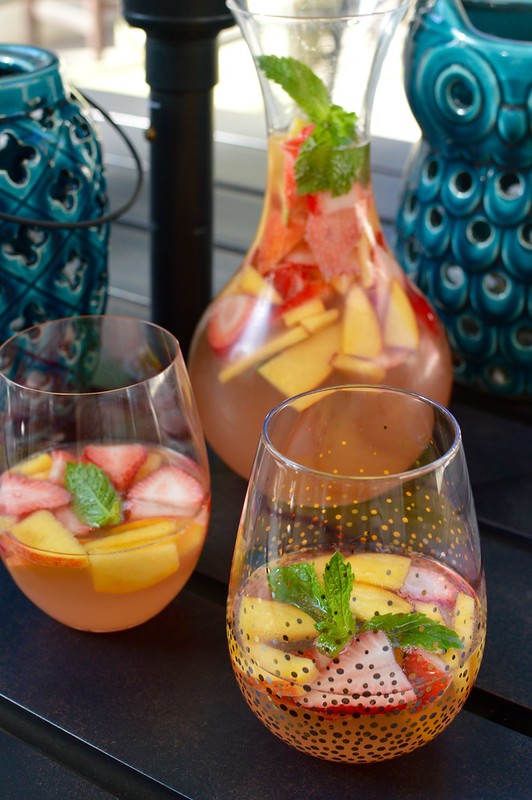
1. **Asking for “Strong” Drinks Without Paying for a Double** This one is a classic, and it lands right at the top of the list for a reason. Many bartenders, including Stephen LaConte and TikToker @NickAtNite, recount the frustration of customers asking for their drink to be made “strong,” but then balking at the idea of paying for a double. Your drink already comes with a standard shot of liquor, typically 1.5 to 2 ounces, depending on the specific cocktail and the bar’s established policies. There’s a science to it, and a system.
Carlie Hoke, a former bartender and server for eight years across various establishments, identifies this request as a major red flag, often signaling a customer who is unlikely to tip well and might lead to unwarranted complaints later. She emphasizes that asking for an extra strong drink without planning to pay extra is simply pointless. Bartenders aren’t just going to over-pour for a stranger who feels entitled to it; most establishments have strict inventory systems in place, and if the stock doesn’t match up, the bartender could find themselves in serious trouble.
As Rebecca, another bartender, bluntly puts it, “No, we have a standard count. You can order a double, and that costs twice as much.” This request demonstrates a total lack of understanding of how the bar operates. @NickAtNite goes a step further, explaining that if you specifically ask for a stronger drink without ordering a double, they’ll likely pull out a jigger (a measuring tool) to ensure precise, standard pours, rather than free-pouring as they might have otherwise.
Ultimately, if you genuinely want a stiff drink, the solution is straightforward: order a double. It comes with an upcharge, but it’s the honest and respectful way to get what you want without putting your bartender in an awkward position or causing them grief with inventory. Building a rapport with your bartender and showing respect for their policies and livelihood is far more likely to get you a heavy-handed pour (if they choose to offer one) than an entitled demand.
Read more about: Starving? 12 Dining Chains We’re Avoiding Like The Plague

2. **Ordering Labor-Intensive or Complicated Cocktails During Busy Times** Ah, the bane of a busy bartender’s existence: the painstakingly crafted, multi-step cocktail. While bartenders genuinely love their craft and creating delicious beverages, timing, as they say, is everything. When the bar is three deep with thirsty patrons, ordering a drink that requires extensive muddling, vigorous shaking, or intricate layering can bring the entire service to a screeching halt, drawing collective groans from behind the counter.
The Mojito is a prime example, often cited by Stephen LaConte and other bartenders as a “huge pain in the ass to make,” with most dreading the order. It demands tons of muddled mint, fresh citrus, and delicate balancing. While one or two might be fine, “fifteen at once? Night ruined for everyone in line,” as one source explains. Then there’s the notorious Ramos Gin Fizz, a drink that once made headlines as “the world’s most dreaded drink” due to its requirement for several minutes of vigorous shaking and careful layering. New York bartender Sam Ross perfectly encapsulates the sentiment: “You see someone order two Ramos Gin Fizzes on a Saturday night and you genuinely consider a career change.”
Equally frustrating are complicated orders with fancy, often made-up names, or requests for specific drinks from other establishments. TikToker @NickAtNite despises being asked for elaborate concoctions like a “Cape Cod” or “Gay Pirate,” advising customers to simply say “vodka and cranberry” or “Captain Morgan rum and diet.” He even recalls someone wasting his time to Google a “Skinny Bitch,” only for it to be a vodka soda. Furthermore, asking for a drink from another bar is pointless, as he states, “I don’t work there I don’t know how to make it. You probably should have gone there.”
The Long Island Iced Tea also makes the list of bartenders’ most hated orders, especially from a Friday-night college crowd. Described as an “everything but the kitchen sink” drink, it includes sour mix, vodka, gin, tequila, rum, triple sec, and cola. It not only takes longer to build but is also notoriously ordered by people looking to get intoxicated quickly, leading to further potential issues for the bartender. Bartenders love elaborate drinks in the right environment, like a quiet weekday or a specialized cocktail bar. But in a packed corner pub, a little consideration for what the establishment and the bartender can realistically offer goes a very long way.

3. **Disrespectful Language or Demeanor Towards Staff (e.g., “Sweetie,” Snapping)** It might seem obvious, but a little common courtesy goes a long way in the eyes of a bartender. Yet, some customers consistently fail on this front, often resorting to language or actions that are not only rude but downright creepy or condescending. Calling female bartenders names like “sweetie” or “hon” is a major no-no, as highlighted by Stephen LaConte. He didn’t personally experience it as a male bartender, but observed his female coworkers dealing with it constantly, explicitly stating, “Stop that shit! It’s creepy and condescending.”
Rebecca, a bartender herself, shares this sentiment, admitting, “The first one that comes to mind for me is being called ‘sweetie,’ which I hate so much.” It places bartenders in an awkward position where they want to correct the person but also don’t want to jeopardize their tips. She once addressed it by saying, “Oh, by the way, my name is Rebecca. You can call me that,” offering a polite but firm correction. Such familiarities are inappropriate and diminish the professional relationship.
Beyond verbal disrespect, actions like snapping your fingers to get a bartender’s attention are equally grating. Stephen LaConte unequivocally states, “We’re bartenders, not dogs.” This particular action is often met with a silent promise from the bartender: “I promise if you do this, your bartender will make you wait as long as possible before getting to you.” James, another bartender, echoes this, noting, “We have feelings. We have eyes and ears. We can see you.”
These seemingly minor acts communicate a profound lack of respect for the bartender as a person and a professional. They create an uncomfortable and demeaning environment for staff who are there to provide service, not to be treated as subordinates or objects. Remembering a bartender’s name, making eye contact, and simply saying “excuse me” are far more effective and appreciated ways to gain their attention.
4. **Waving Money/Credit Cards or Impatiently Demanding Attention** Picture this: a bustling bar, dozens of patrons vying for service, and then, a hand suddenly appears, waving cash or a credit card frantically above the crowd. This is a common pet peeve for bartenders and a surefire way to land yourself on their “naughty list.” Stephen LaConte calls out the “newsflash” that “Everyone at this bar is paying for their drinks. You’re not special! Wait your turn to be served like everyone else, please.” It’s a universal truth of the bar scene that entitlement doesn’t speed up service.
TikToker @clankybabes, an Australian bartender, specifically highlights the annoyance of customers holding and swaying their credit cards over the bar before she’s even ready to process a payment. She reenacts the scenario, saying, “Sir I will get there like I will bring the machine to you but do not like wave your credit card.” Michelle, a North Carolina bartender, finds someone tapping their card on the bar equally maddening, confessing, “It drives me crazy, I cant concentrate on anything until that person stops.”
This behavior isn’t just rude; it’s ineffective. Waving money or cards doesn’t make a bartender work faster; it often has the opposite effect. Bartenders are constantly scanning the room, trying to serve people in the order they arrived, but as Stephen notes, “mistakes happen, and it’s hard to keep tabs on every customer when the bar is busy.” James, too, mentions the frustration of customers waving their hand or cash, reminding everyone that bartenders “can see you.”
Instead of resorting to such attention-grabbing antics, a little patience and a polite demeanor are your best tools. Make eye contact, offer a small smile, and wait for the bartender to acknowledge you. Trust that they are doing their best to manage a high-pressure environment. A calm, respectful approach not only demonstrates better etiquette but is far more likely to earn you faster, friendlier service than any amount of frantic waving.
5. **Not Tipping Adequately, Especially on To-Go or Complex Orders** In the world of bartending, tips are more than just extra cash; they’re often a significant portion of a bartender’s livelihood. Neglecting to tip, or tipping poorly, is a surefire way to earn the “stink eye” and resentment from the person making your drinks. Carlie Hoke explicitly states, “While not a crime, neglecting to tip is one big way to ensure your bartender doesn’t think much of you.” This is particularly true if the bartender has just spent an hour listening to your woes or boasting about your business ventures.
Stephen LaConte highlights a specific scenario that often goes overlooked: not tipping on to-go orders. He explains that many establishments have bartenders handle these orders, which can be a “shitty gig because so few people tip!” While you might not tip the same as you would for full table service, leaving something for the work involved in putting your order together—packaging drinks, adding garnishes, ensuring accuracy—is simply good practice. The effort is still there, and so should be a token of appreciation.
Another crucial point of contention is tipping poorly on complicated, time-consuming cocktails. Stephen notes the stark difference: “Tipping a dollar on a cheap pint of beer? Fine. Tipping a dollar on a fancy handmade cocktail? Not so much.” If you’re ordering those notoriously labor-intensive mojitos, he advises, “tip a lot.” The intricacy and time involved in crafting complex beverages warrant a higher tip, reflecting the skill and effort expended by the bartender.
Furthermore, some establishments have policies where if you transfer your bar tab to a dinner table, the bartender might not get tipped for the drinks they made you, especially if tips aren’t shared between servers and bartenders. Stephen recommends that “it’s better practice to close out your tab at the bar before heading to your table, if you can.” Ultimately, respect for a bartender’s time and effort means compensating them fairly for their service. Tips, as Hoke mentions, keep the gears greased and ensure your next order arrives with a smile.

6. **Leaving “Art Projects” or Messes Behind (e.g., Peeled Labels, Torn Coasters)** We all have nervous habits, and sometimes, a coaster or a beer label falls victim to idle hands while we’re enjoying a drink. Stephen LaConte admits he’s been “guilty of this too” and calls it a “nervous habit.” However, there’s a world of difference between absentmindedly tearing a corner and leaving a full-blown “art project” for the bartender to clean up. The latter is a pet peeve for many, including Rebecca, who describes the aftermath vividly.
Rebecca paints a humorous, yet accurate, picture of the scene: “People will slowly peel off the entire label of the beer bottle. And tear up the coasters. And then they just leave it. I’m cleaning anyway, but it’s a little annoying, and it gets on the floor, and it seems like a small hamster has been in the bar chewing shit up and spitting it out of their cheeks.” This vivid description highlights the sheer mess left behind and the unnecessary extra work it creates. While bartenders are, of course, responsible for cleaning, accumulating tiny scraps of paper and soaked coaster bits across the bar just adds to their already demanding tasks.
This behavior often goes unnoticed by the customer, who may be lost in conversation or simply not thinking about the impact of their actions. However, it’s a small act of inconsideration that adds up. The bits and pieces not only clutter the bar surface but can also fall to the floor, creating an unhygienic and potentially slippery environment for both staff and other patrons.
So, if you find yourself engaging in a little stress-shredding, please make an effort to gather your “art project” and dispose of it properly before you leave. A quick tidy-up before you depart shows respect for the establishment and the people working there. It’s a small gesture that can make a bartender’s end-of-shift cleanup just a tiny bit less annoying, and it certainly won’t go unnoticed.
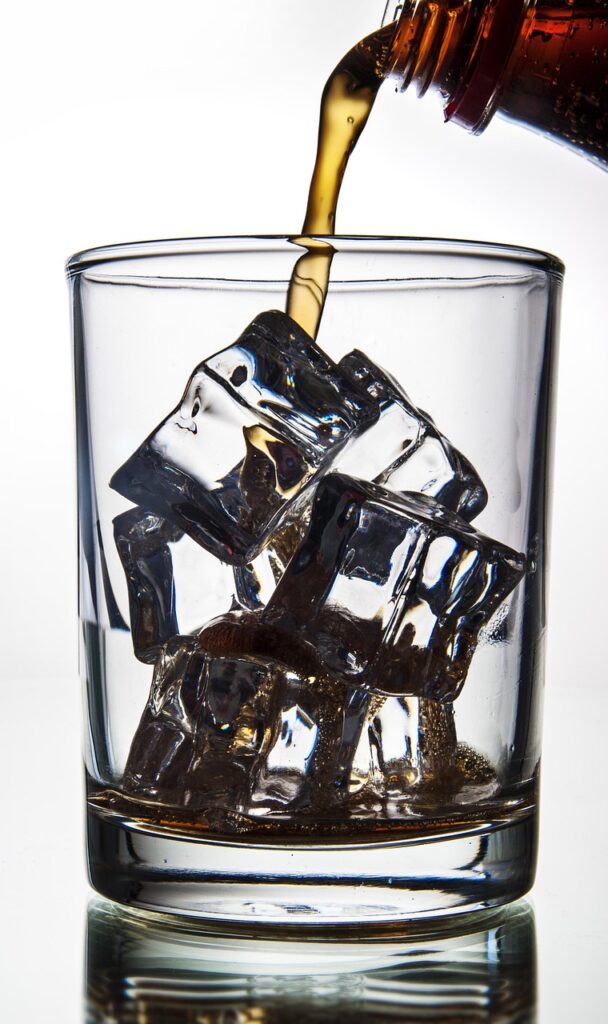
7. **Asking for Free Drinks or Buybacks** This one is a classic head-scratcher for bartenders, often met with a mental eye-roll or a polite but firm “uhhh…” Asking for a free drink or a “buyback”—a complimentary drink often offered by bartenders to loyal regulars or in specific situations—especially early in the evening or without any established rapport, is a major faux pas. Brendan, a bartender, highlights the audacity: “When people walk into a bar and ask about a buyback and I’m like, ‘Uhhh…’ I’ve thought about having a bottle of vodka filled with water.”
Stephen LaConte adds to this, pointing out that even if it’s your birthday, you still have to pay for your drinks. “Sorry, bud,” he states. The expectation of freebies, simply for existing or for a personal milestone, shows a fundamental misunderstanding of how a business operates and a lack of respect for the bartender’s profession. Bars are businesses, and drinks are their products; they’re not charity organizations.
The concept of a “buyback” is typically reserved for long-standing customers who frequent the establishment, building a genuine relationship with the staff. It’s a gesture of appreciation, not an entitlement. Demanding one upfront, particularly if you’re just ordering your first beer, sends all the wrong signals. It suggests you’re more interested in getting something for nothing than in enjoying the bar experience or valuing the service provided.
Bartenders are often in a position to give out comps, but it’s a privilege they exercise at their discretion, usually for good reasons—like rewarding loyalty, fixing a mistake, or simply being generous to a genuinely good patron. Interrupting their flow to ask, “Can I get a free one?” is not only impolite but also puts them in an uncomfortable spot. Instead of asking for a handout, focus on being a pleasant, polite, and tipping customer. That’s the real secret to potentially earning a bartender’s goodwill, and maybe, just maybe, a genuine, unasked-for gesture of appreciation down the line.
Okay, so you’ve navigated the tricky waters of ordering correctly and mastered the art of respectful tipping. You’re well on your way to becoming a bar legend (in a good way!). But wait, there’s more! The world behind the bar holds a few more secrets, a few more nuanced irritations that can turn your friendly neighborhood mixologist into a silent judge. Let’s dive deeper into some often-overlooked behaviors that drive bartenders absolutely bonkers, from disregarding vital information to completely misusing the bar space. Consider this your advanced course in not being ‘that guy.’

8. **Disregarding Visible Information (Menus, Taps, and Beyond)**Ever walk into a bar and immediately ask, “What beers do you have on tap?” only to realize you’re staring directly at a perfectly legible list of said taps? Yeah, bartenders notice that. US bartender Rachael, who goes by @literallysoirrelevant on TikTok, humorously warns, “If you’re sitting at the bar in front of the beer taps and you ask me what we have on tap I’m going to punch you in the face.” It’s a relatable frustration, especially when the information is literally right in front of you.
Diego, another bartender, echoes this sentiment, recalling instances where he hands a customer a menu, only for them to immediately ask, “What beers do you have on draft?” It’s a classic case of selective blindness that makes bartenders wonder if they’re serving actual people or just very thirsty, very oblivious mannequins. Taking a moment to actually look at your surroundings, like the menu or the taps themselves, can save everyone a bit of time and a whole lot of internal eye-rolling.
This isn’t just about reading; it’s about showing a basic level of engagement and respect for the establishment. Bartenders work hard to keep their offerings clear and accessible, and when that effort is completely ignored, it feels like a slap in the face. A little heads-up that you’ve at least glanced at the menu, even if you still have questions, is always appreciated. It shows you’re actually trying to participate in the bar experience, not just demanding service.
9. **Misusing Bar Space (Resting Arms, Hogging Seats, and Creating Obstacles)**The bar top isn’t your personal armrest or a storage unit for your entire life’s possessions. It’s a workspace, and one that gets incredibly busy! Australian bartender Clancey Brooker, known as @clankybabes on TikTok, gets particularly annoyed when people plonk their arms on the bar. She dramatically asks, “Where am I supposed to make your drinks now sir?” and explains how she literally has to scoot people’s arms off, only for them to complain, “ewww it’s wet.” Her exasperated response: “its the bar, like what!”
This isn’t just about personal space; it’s about efficiency and hygiene. The area directly in front of and on the bar is where drinks are crafted, garnishes are prepped, and payments are processed. When customers drape themselves or their belongings over this vital zone, they’re not just being inconvenient; they’re actively impeding service. Bartenders are constantly moving, reaching, and pouring, and an arm or a coat in the wrong place can be a real hazard or, at the very least, a major slowdown.
And speaking of hogging space, Stephen LaConte calls out those who use busy bar seats for their jackets or purses. His blunt take? “Your jacket isn’t gonna tip me. That customer who’s waiting for a seat will. Please move your stuff!” When the bar is packed, every seat is prime real estate. Taking up a valuable spot with inanimate objects isn’t just inconsiderate to other patrons, it’s directly impacting the bar’s potential earnings and the bartender’s tips. Be aware of your surroundings and the needs of others around you; it’s just good bar karma.
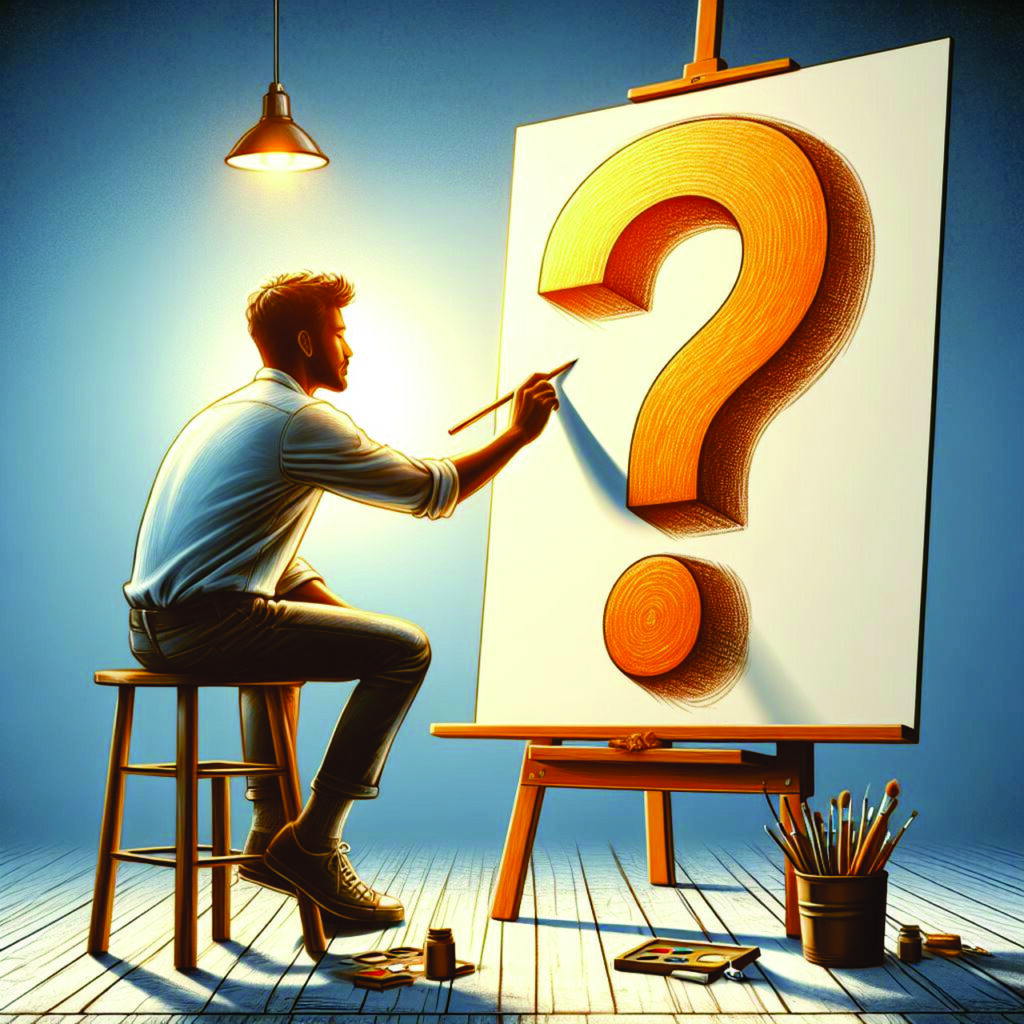
10. **Questioning a Bartender’s “Real Job” or Professional Worth**Imagine spending years honing a skill, putting in long hours, and mastering a craft, only for someone to ask, “What’s your *actual* job?” This question, often posed with a condescending tone, is a major pet peeve for many bartenders, and for good reason. Hayley Kendall from Georgia, a TikToker who bartends, vocally expresses her frustration with this query. She explains, “I guarantee I make just as much money as you do if not more than you make at your ‘actual’ job and I also have a college degree but I still choose to bartend because it’s more money.”
This question isn’t just rude; it fundamentally undermines the legitimacy of bartending as a profession. It implies that being a bartender isn’t a “real” or respectable job, overlooking the skill, dedication, and often substantial income involved. Bartenders aren’t just pouring drinks; they’re managing inventory, crafting complex cocktails, handling customer service, de-escalating situations, and maintaining an engaging atmosphere. It’s a demanding role that requires a diverse skill set.
Furthermore, this kind of questioning can feel incredibly demeaning. It strips away the pride and professionalism that many bartenders have in their work. Instead of making assumptions or delivering backhanded compliments disguised as curiosity, try engaging with your bartender about their craft, asking about their favorite drinks to make, or simply acknowledging their expertise. A little respect for their chosen profession goes a long, long way in building a positive interaction.
11. **The Dreaded “Surprise Me” Order (Without Any Guidance)**We get it, you want to be adventurous! You trust your bartender’s expertise! But here’s the thing: when you just hit them with a blank “Surprise me!” especially during a busy rush, it often sends a shiver down their spine. US bartender Rachael, @literallysoirrelevant, flat out says, “When some says ‘surprise me’… ummm no I don’t want to do that.” She explains, “I don’t know what you like and I’m not going to risk making a drink for you that you absolutely hate when you can just tell me what you want or give me like a general idea…”
Stephen LaConte reinforces this, describing it as “a guessing game with no prize.” If you walk in without even a flavor clue, you’re essentially putting all the pressure and risk on the bartender. What if they make something they love, but you absolutely hate gin? Or maybe you’re not a fan of anything too sweet, and they whip up a sugary concoction. It creates an awkward situation for everyone and rarely ends with a happy customer, which is the opposite of what a bartender wants.
The key to a successful “surprise me” isn’t to just throw it out there aimlessly; it’s to provide *some* guidance. Do you like tequila? Are you feeling fruity, or perhaps something bitter and spirit-forward? Even a simple, “I like bourbon; can you surprise me with something?” gives them a starting point. This way, you’re collaborating on the adventure, not just dumping an impossible task on their already full plate. A little direction transforms a dreaded request into a fun challenge.

12. **Demanding Control Over Bar Ambiance (TV, Music, etc.)**So you walk into a bar, and they’re playing… not your jam. Or the TV is showing something other than the game you desperately want to watch. It’s a common scenario, but demanding changes can put your bartender in a seriously awkward spot. Stephen LaConte advises, “Demanding that we change what’s on the TV… generally speaking, please keep the TV requests to a minimum.” He points out that if other customers are already watching something, you’re essentially asking the bartender to alienate one group for another.
It’s not just about the TV. James, another bartender, recalls the audacity of a customer saying, “‘Oh, put Beyoncé on!’ What in the world makes you think I would play Beyoncé?” Nothing against Queen Bey, of course, but bars curate their ambiance for a reason. They have specific playlists, licensing agreements, or a vibe they’re trying to maintain. A bartender isn’t a personal DJ or a remote control for your living room entertainment system.
While there might be rare exceptions (like if you’re the only one at the bar or during a major, universally watched sporting event like the Super Bowl), generally speaking, it’s best to let the bar’s chosen atmosphere be. If you really can’t stand the music or the TV, it might be a sign that you’re in the wrong bar for your particular mood. Respecting the bar’s established vibe shows consideration for both the staff and other patrons, and avoids unnecessary tension.
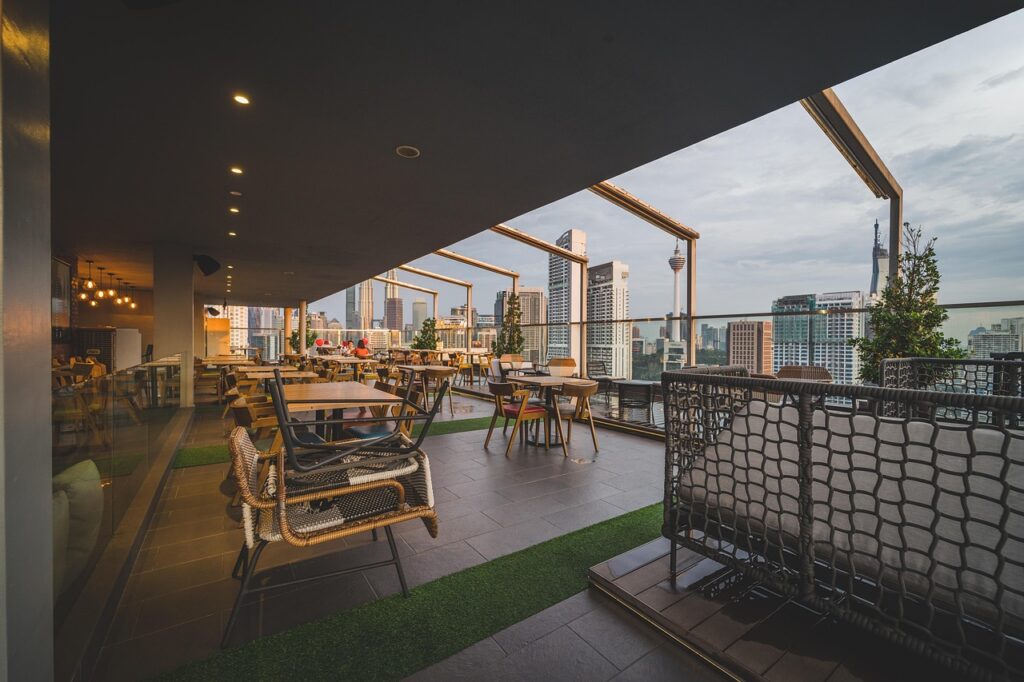
13. **Reaching Over the Bar or Touching Bar Equipment**Let’s get real: the area behind the bar is sacred ground. It’s the bartender’s workspace, their sanctuary, and it’s definitely not a free-for-all grab-and-go zone. Stephen LaConte explicitly states that “Reaching over the bar to grab something behind the counter” is a huge no-no, emphasizing that “Reaching into the garnish bins with your dirty hands is so unsanitary. Also just plain rude.” Seriously, nobody wants your unwashed fingers rummaging through the lime wedges that will end up in their drink.
Diego, another bartender, echoes this frustration, mentioning instances where customers will play with bar spoons or simply reach for an extra lime without asking. His simple solution? “Just ask me what you need, and I got it.” It’s not just about hygiene; it’s about professionalism and boundaries. Bartenders have specific tools and ingredients, and an uninvited hand rummaging through their supplies disrupts their workflow and can contaminate items.
This behavior fundamentally disrespects the bartender’s space and their role. If you need a napkin, a straw, or an extra lemon wedge, a polite request is all it takes. They are there to serve you, and they’ll be happy to provide what you need. But crossing that invisible line into their workspace, especially with questionable hand hygiene, is a surefire way to earn a silent (or not so silent) scolding and make everyone around you a little uncomfortable. Keep your hands on your side of the bar, folks!
Read more about: Gene Espy, Appalachian Trail Pioneer, Dies at 98: Exploring a Life of Adventure, Faith, and Enduring Legacy on the Trail
14. **Over-Intoxication and Inappropriate Public Conduct**Alright, this one might seem obvious, but it bears repeating: bars are for enjoying drinks responsibly, not for turning into a public spectacle or a danger zone. Carlie Hoke, a former bartender, bluntly states, “I’m sorry, but TV has sorely deceived you if you think bar fights and public drunkenness actually belong in bars.” She explains that instead of breaking up fights with a friendly gesture, a bartender is “going to get annoyed, or even scared, and either kick you out, cut you off, or even call the police.” Nobody wants that kind of drama on their shift.
Stephen LaConte adds to this, addressing those who complain about being cut off. He says, “It’s rare that bartenders have to do this, but when they do, it’s for your own safety. It’s also (probably) because you’re making an ass out of yourself in front of everyone.” Bartenders are often the only sober eyes in a room full of imbibers, and they have a legal and moral responsibility to ensure everyone’s safety. Being cut off isn’t a punishment; it’s a necessary intervention, and arguing about it only makes you look worse.
And let’s not forget about what goes on (or shouldn’t go on) in the bathrooms. James, a bartender, sighs, “Don’t get me started on people doing drugs in the bathroom… Don’t go into the bathroom with five people. Then they say, ‘We’re not doing anything.’” Bars are public spaces, and illegal activities or extreme public displays of inebriation are not just annoying; they can have serious legal repercussions for both the customer and the establishment. Keep your wild side in check, respect the law, and remember that acting like an adult ensures a better, safer, and more enjoyable experience for everyone.
So there you have it, folks! The ultimate guide to navigating the bar world without becoming the star of your bartender’s next “most annoying customers” story. From paying attention to your surroundings to respecting personal boundaries and professional space, being a beloved bar patron isn’t about grand gestures or flashy orders. It’s about a little patience, a dash of common courtesy, and a genuine appreciation for the hardworking folks behind the stick. Go forth, enjoy your drinks, and make your bartender’s day a little brighter – who knows, it might even earn you a genuine smile (and maybe, just maybe, an extra heavy pour next time!). Cheers to being a great customer!

